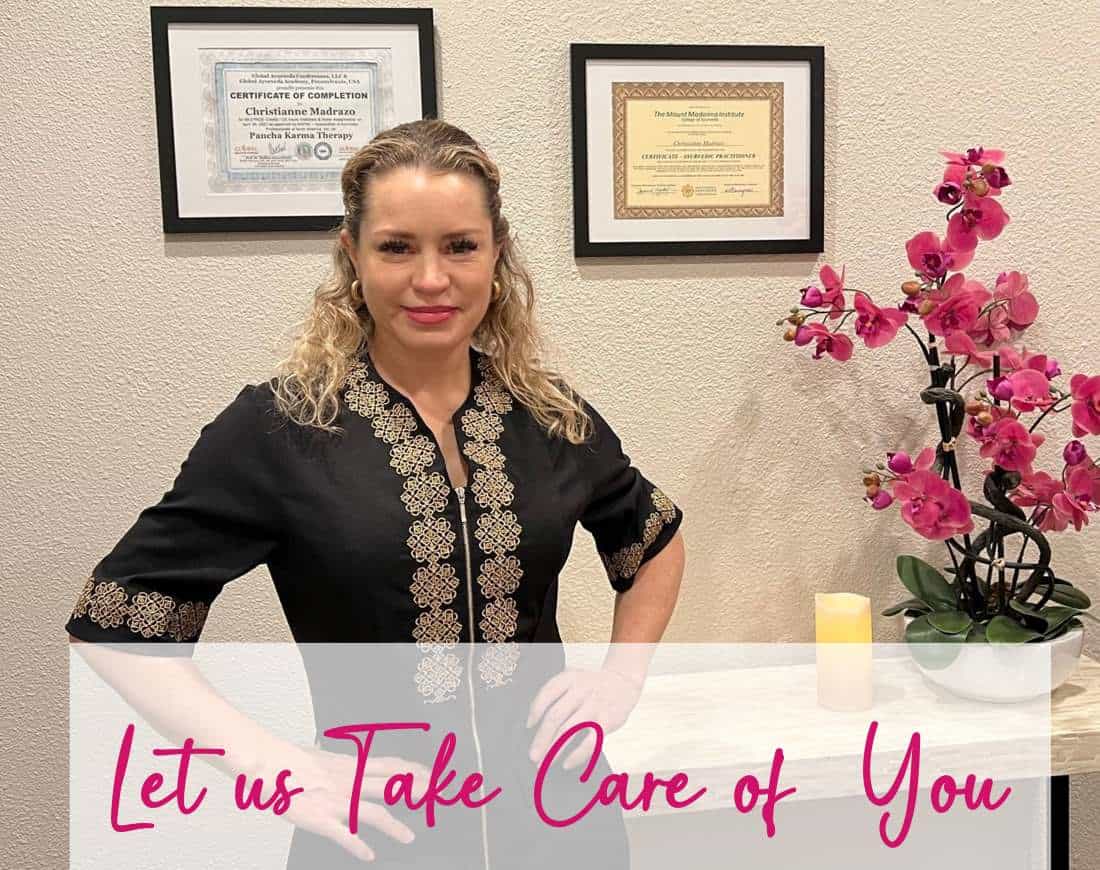
24 Oct 2024 - News
The Power of Antibacterial Essential Oils
Did you know that many pharmaceutical drugs are actually derived from plant-based essential oils?
When it comes to effective bacteria-fighting solutions, there's nothing quite like the combination of nutritious foods and antibacterial essential oils.
Our Body's Struggle with Synthetics:
Our bodies aren't naturally designed to process synthetic compounds easily, leading to unforeseen side effects. These foreign substances can disturb hormonal balance, interfere with the endocrine system, and negatively impact the brain. Therefore, it’s crucial to be informed about what we introduce into our bodies. Scientific research, like the study published in Neuropharmacology, shows that the use of synthetic compounds can even impair cognitive function and memory.
The Antibiotic Problem:
While antibiotics are vital tools in fighting infections, excessive use has led to the creation of resistant bacteria. Synthetic antibiotics not only destroy harmful bacteria but also beneficial bacteria, essential for overall wellness. This weakens the immune system and decreases the effectiveness of drugs against future infections.
Antibacterial Essential Oils: Nature's Wisdom:
Ayurveda, one of the oldest forms of natural medicine, teaches the importance of using the earth’s resources to support the body. Antibacterial essential oils like tea tree or thyme are an effective and safer alternative to synthetic antibiotics, offering potent antibacterial properties without the harmful side effects of chemicals.
The Importance of Personalization:
In Ayurveda, each person is unique, and so are the therapeutic solutions. Before using essential oils, it’s advisable to consult an Ayurvedic practitioner, who, with their expertise, can suggest the best oils for your specific dosha and health needs. This personalized guidance allows you to maximize the benefits of these powerful natural remedies.

Top 4 Antibacterial Essential Oils
Essential oils have long been used to combat various ailments, including anxiety, depression, arthritis, and allergies. But did you know they can also be effective against bacterial infections? Let's explore the top four antibacterial essential oils that can help you fight off harmful bacteria.
1. Cinnamon Oil: Not only does cinnamon taste great, but it also has antibacterial properties. It has been shown to eliminate bacterial growth in root canal procedures, making it a natural and compatible option.
2. Thyme Oil: Thyme oil is an excellent antimicrobial agent. It has been found to be effective against bacteria found in milk and salmonella, making it a potential natural preservative for food.
3. Oregano Oil: With the rise of antibiotic resistance, oregano oil has emerged as a promising alternative. It exhibits potent antibacterial activity against drug-resistant bacterial strains and can help control infections.
4. Tea Tree Oil: Tea tree oil is a powerful topical solution for fighting bacteria. It has been proven effective against E. coli and staph infections, making it a great choice for antimicrobial purposes.
These antibacterial essential oils can be used in various ways, such as applying them topically or combining them with other natural ingredients like Manuka honey or coconut oil. However, it's important to educate yourself about each oil and consult with a healthcare professional or Ayurvedic Practitioner before use.
By incorporating these oils into your wellness routine, you can harness their antibacterial properties and promote a healthier, more balanced lifestyle.

Benefits and Uses of Antibacterial Essential Oils:
1. Fight Bacterial Infections: Essential oils like thyme and vetiver have shown effectiveness against bacterial strains such as candida, salmonella, and staph infections. These oils can be valuable in medicine and as natural preservatives.
2. Combat Staph Infections: Oils like patchouli, tea tree, geranium, lavender, and grapefruit seed extract have been studied for their antibacterial activity against various strains of Staphylococcus aureus, including methicillin-resistant strains (MRSA).
3. Help Fight Infections Found in Hospitals: Essential oils such as tea tree and eucalyptus have demonstrated positive results in combating bacteria, including MRSA, commonly found in hospital settings. Other oils like thyme, lemon, lemongrass, and cinnamon have also shown antibacterial properties.
4. Stave Off Bacteria While Traveling: Essential oils, such as oregano oil, can be used as a preventive measure against bacterial infections during travel. Adding a drop of oregano oil to a tonic can provide antibacterial and antimicrobial effects, helping to protect against airborne pathogens.

How to Use Essential Oils in Daily Life:
Topical Application: By mixing antibacterial oils with a carrier oil like coconut oil, you can create a natural ointment to combat skin infections.
Diffusion: Adding a few drops of essential oils such as tea tree or cinnamon into a diffuser can purify the air and reduce bacterial presence in your living space.
Internal Use (with caution): Some pure essential oils can be ingested, but it’s important to do so under professional supervision.
Incorporating essential oils into your wellness routine can lead to a healthier, more balanced lifestyle. These natural remedies not only help fight bacterial infections but also promote overall well-being, restoring the body's natural harmony.

When using antibacterial essential oils, it's important to exercise caution and take necessary precautions:
1. Ensure that the oils you use are pure and approved for the specific application (internal or topical).
2. Read and follow the instructions and warnings on the product labels.
3. Consult with a healthcare professional, especially if you have any underlying medical conditions or are taking medications.
4. Discontinue use if you experience any adverse reactions or irritation.
It is always recommended to consult with an Ayurvedic practitioner or an aromatherapist before using essential oils. These professionals have knowledge and expertise in the use of essential oils. They can provide personalized guidance based on your individual constitution and health needs.
Christianne Madrazo. Certified Ayurvedic Practitioner at AyurVida Wellness and Clinic is located in Mission Hills, San Diego, CA.
FOR ASSISTANCE TEXT 619-637-0201

CONTACT US
PHONE:
619-291-6614
For immediate assistance:
TEXT 619-637-0201
ADDRESS:
1611 West Lewis San Diego CA 92103
